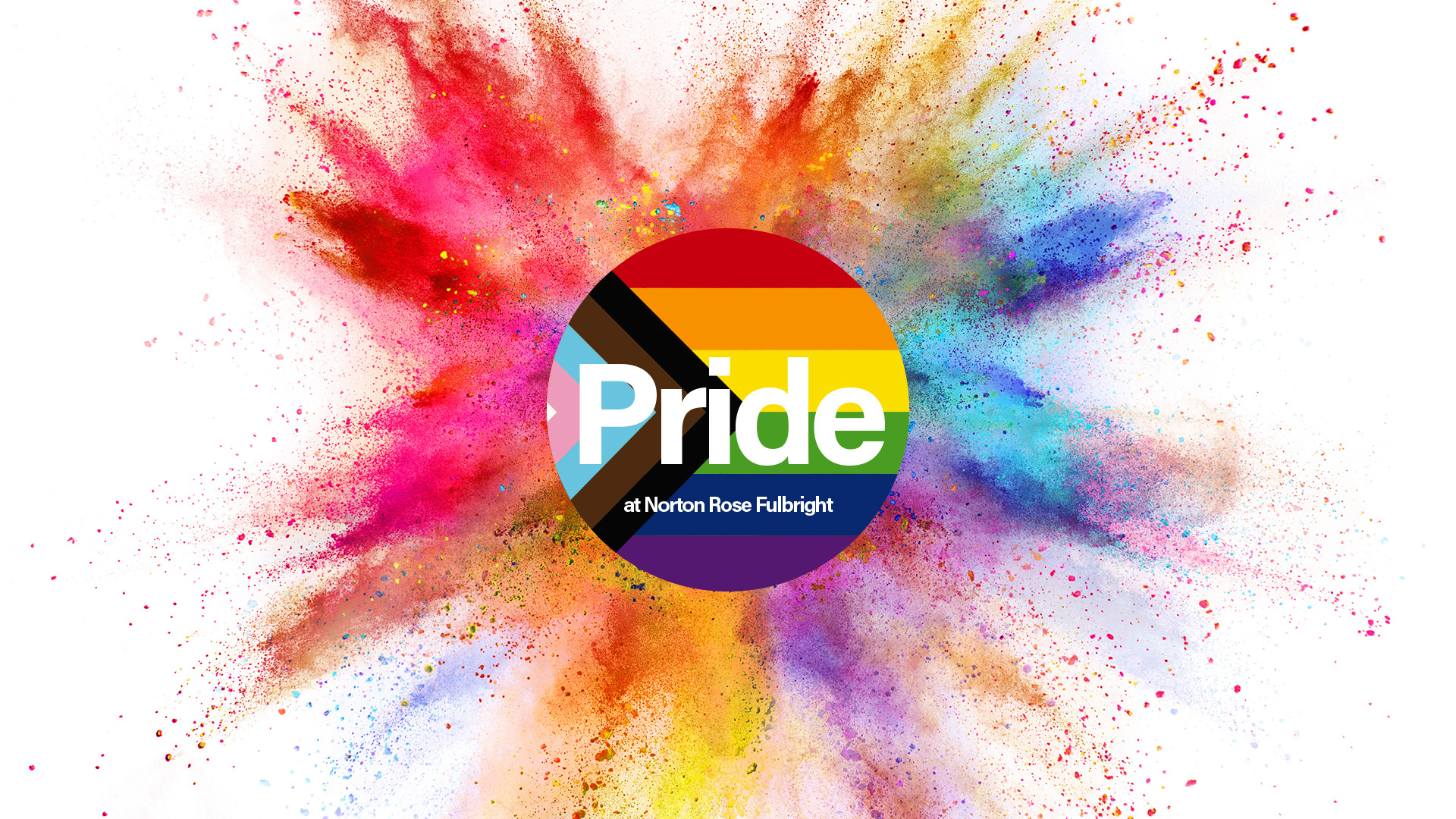
Pride Month 2023
Over one third of lesbian, gay, bisexual, transgender, intersex and queer (LGBTIQ+) people feel they need to hide who they are at work, and a fifth feel that being LGBTIQ+ limits their job opportunities, according to a recent Stonewall survey.
While there is no doubt the world has come a long way since the Stonewall Uprising in 1969, a significant moment for the Pride movement and the LGBTIQ+ community, there is still a lot more we can do to build an inclusive society, and workplaces play a big part in this.
As part of our firm’s global diversity, equity and inclusion policy, one of our commitments is to create an inclusive environment where our LGBTIQ+ colleagues can progress and develop their careers without fear of discrimination and/or harassment.
Find out more about what we are doing to create LGBTIQ+ inclusion.
Throughout the month of June, we will share some of the stories and lived experiences from our Pride network and allies around the world.
However you choose to mark Pride Month, we hope it is a time of reflection, support, celebration and meaningful conversations.
Amplify voices
Featured
Subscribe and stay up to date with the latest legal news, information and events . . .








